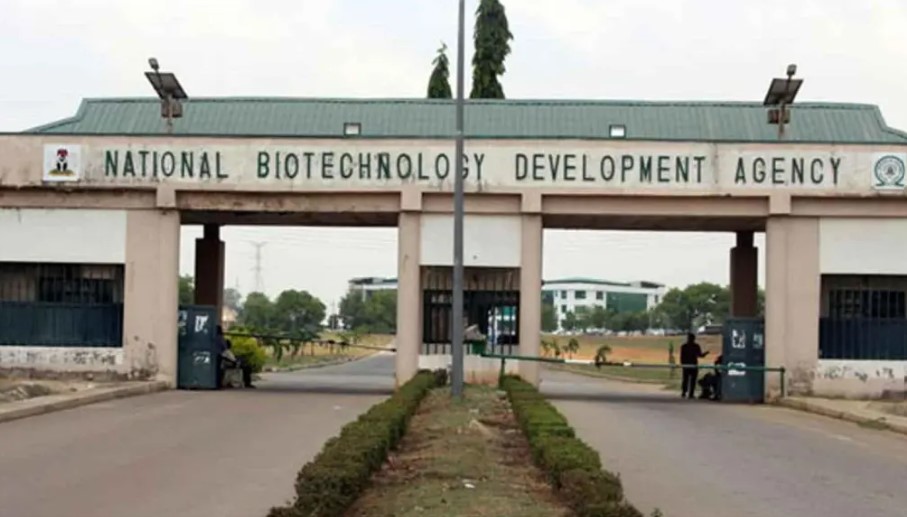Nigeria and Ghana are to collaborate on Pod Borer Resistant (PBR) Cowpea production towards scientific bilateral collaboration for a “New Africa”. The Director-General, National Biotechnology Development Agency (NABDA), Prof. Abdullahi Mustapha, stated this when a delegation from Ghana, led by the Chairman, Parliamentary Select Committee on Environment, Science, Technology and Innovation (MESTI), Dr. Emmanuel Marfor, and Ranking Member, Parliamentary Select Committee on MESTI, Prof. Ebenezer Terlarbi, visited the agency in Abuja.
At the occasion, the DG informed the delegation that biotechnology had proven its potentials to help Nigeria overcome agricultural productivity challenges, more yield, and tackling various breeding limitations that conventional breeding method cannot address. According to him, “The PBR cowpea is a classic example of how technology can provide solutions to one of the major challenges confronting cowpea farming. Needless, I bother you with the long history of several attempts by cowpea breeders, who tried to find solutions to ravaging attacks of Maruca for many years without success. Farmers in Nigeria are excited with the performance of this new variety and giving testimonies”, he said.
The DG stated further that the commercialisation, adoption, and use of the new variety of cowpea was modified to be resistant to insect Maruca vitrata, for it “Means revolutionising Nigeria’s food production: Tremendous yield, quick harvest, bumper harvest, non-shattering, good cooking characteristics”. On the economic importance of the PBR cowpea, Mustapha informed that a 20 per cent yield increase per hectare, translates to N48bn annually N120,000 per ton, adding that N16. 2bn could be saved annually with reduction of insecticide spray requirement from 6-8 liter per hectare to 2-3 litre per hectare and a reduction in production cost per hectare, if the three million hectares were planted.
According to the Professor, “Farmers in African countries cannot attain the yield potentials of our popular legumes when compared to other parts of the world. While farmers in the Americas, West and Asia are getting over 10 tons per hectare for maize, our farmers are still struggling to attain four tons per hectare. The place of science, technology, and innovation in our quest for development in all sectors of the economy, cannot be over emphasised. The feat attained with the development and commercialisation of PBR cowpea, has again, proven that if determined, Africa has what it takes to solve its challenges. Remember that it is about food and nutritional security, wellbeing of our farmers, improved income, and less use of chemical sprays for environmental sustainability”.


